According to an article on the Valdai Discussion Club website, when discussing Russia’s role in the Middle East, three points stand out. First, Moscow’s ties to the region are long-standing, going back centuries, primarily through Christianity and Islam. Second, Russia has strong and balanced relations with all the key players in the region: Arab states, Iran, Israel, and Turkey. Third, cooperation between Moscow and Washington is the best way to enhance security in the region.
In terms of regional ties, Russia has had deep cultural and historical ties with Muslim peoples for centuries, as its role in the Middle East has grown since the 19th century. Initially, this relationship involved protecting Orthodox Christian communities. In the 20th century, Moscow supported the Arabs in their fight against colonialism and later in their conflict with Israel.
In terms of Russia's relations with key regional players, Moscow has gradually strengthened its ties with most of the Arab republics since the 1950s. Its relations with these monarchies have been neither entirely friendly nor entirely hostile. Moreover, although the Soviet Union became one of the first countries to recognize Israel in 1948, its relations with Tel Aviv gradually deteriorated as Israel moved closer to the West.
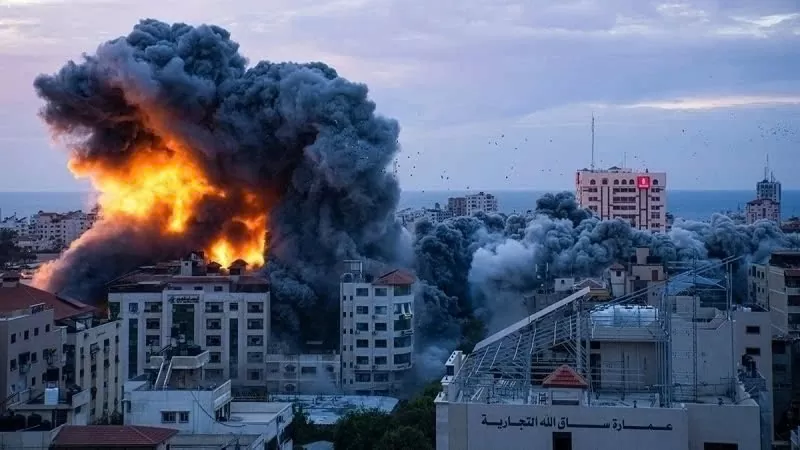 |
| The two simultaneous conflicts in Gaza and Lebanon, and Iran's missile attacks on Israel are heating up the Middle East while diplomatic solutions and initiatives are becoming more obscure than ever. Photo: AP |
The real breakthrough for Moscow came in 1955, when the fledgling revolutionary government in Egypt, frustrated by the US refusal to supply arms, turned to the Soviet Union. Between 1955 and 1972, when Soviet military advisers were asked to leave Egypt, Moscow developed extremely close ties not only with Egypt, but also with Syria, Iraq, Algeria, Yemen and Libya. There is no doubt that Moscow’s support for the Arab states in their conflict with Israel played a significant role in strengthening the Arabs’ international standing. At the same time, Moscow’s relations with Iran, Israel and Turkey were troubled by their Cold War-era links with the West.
Since the end of the Cold War, Russia has managed to maintain friendly relations, albeit interrupted for about 15 years after Egyptian President Sadat's visit to Jerusalem, with most of the Arab republics. Moscow has transformed its once frosty relations with these monarchies into mutually beneficial relationships in various areas, including energy and military cooperation.
With the success of the Iranian Revolution in 1979, Moscow was able to mend relations with Tehran. Since then, relations have generally improved, and cooperation has increased, especially in Syria. After the end of the Cold War, Moscow was able to establish better relations with both Israel and Türkiye. It is clear that over the past decade, relations with both countries, although sometimes fraught, have reached historic highs. Thus, Moscow’s relations with key regional players have improved markedly compared to the Cold War era.
Russia in strengthening security in the Middle East
First, Moscow has the advantage of a long-standing historical relationship with Middle Eastern countries. This has always given Russia a unique and comprehensive understanding of a region that lies close to Russia's borders and directly affects Russia's national security.
Second, this advantage is reinforced by the fact that, unlike the US, Moscow has good relations with all the key players in the region. China also has this advantage, but has been reluctant to engage with any security-related initiatives and has focused primarily on promoting its economic interests.
Third, with the deterioration of relations between Russia and the United States due to the conflict in Ukraine, it is almost impossible to imagine any cooperation between the two countries in the Middle East in the near future. However, despite the poor state of US-Russian relations, Moscow can still make an important contribution to security and stability in the Middle East, and pave the way for a solution once cooperation with the United States is restored. Such a role for Russia has become increasingly necessary and urgent, given the far-reaching and serious consequences of the catastrophic situation in Gaza and the recent escalation in Lebanon.
With the war in Gaza, the model for a regional solution has changed. It is no longer “Arabs versus Israel,” but the rest of the world is divided into those who watch from the sidelines and those who support one side to one degree or another. Now, almost the entire international community is against Israel, with only a few parties supporting it, including the United States. But even on this issue, changes can be seen. This can be seen by referring to the resolutions adopted by the UN General Assembly since October 2023, the latest of which was on September 18 (Resolution ES-10/24 on the advisory opinion of the International Court of Justice, when only 14 countries voted in favor of Israel, 43 abstained and 124 voted against it).
What can Russia do in the Middle East?
Of course, there will be no breakthrough in the problems plaguing the region until Russia and the United States restore some form of mutual understanding and cooperation. So what can Russia do to improve the security situation in the region?
First, Russia’s relations with Israel have never been better, despite temporary setbacks due to the conflict in Ukraine. Unfortunately, under the current Israeli government, the prospects for resolving the Hamas issue, let alone the Israeli occupation of Syria and Lebanon, are virtually nil. The maximum that can be achieved is a ceasefire, humanitarian assistance, the return of Gazans to their homes, and the lifting of measures that are escalating the situation in the West Bank. In addition, the top priority is to quickly stop Israeli attacks on Lebanon and ensure the stability of the Israel-Lebanon border.
Second, Russia can also contribute where it is directly involved, namely Syria, Libya, Sudan and Iran. The situation in both Libya and Sudan is unlikely to be resolved quickly due to deep internal divisions that seem to prevent any mutual understanding. Moscow has good relations with all the parties involved, whether local or regional, primarily with Egypt, Turkey and the United Arab Emirates (UAE). Russia also has contacts with the parties to the conflict.
Syria and Iran are in a special group, albeit for different reasons. But more importantly, these countries are connected, as the main players in Syria are Ankara and Tehran. The issue of eliminating the Iranian and Turkish presence in Syria is crucial for the country’s long-term stability, as well as for Ankara and Tehran’s relations with the Arab countries.
Third, Russia’s priorities have always been regional security in the Middle East and nuclear non-proliferation. Russia’s relations with Iran can also be used to address regional and global security issues. To achieve this, it is necessary to resume negotiations with Iran in the P5+1 format, as well as to restart efforts to create a regional security system. The creation of such a system requires a complex and long-term process and will not be possible in the near future.
Source: https://congthuong.vn/chien-su-trung-dong-nga-co-the-lam-gi-de-dap-tat-ngon-lua-chien-tranh-353466.html



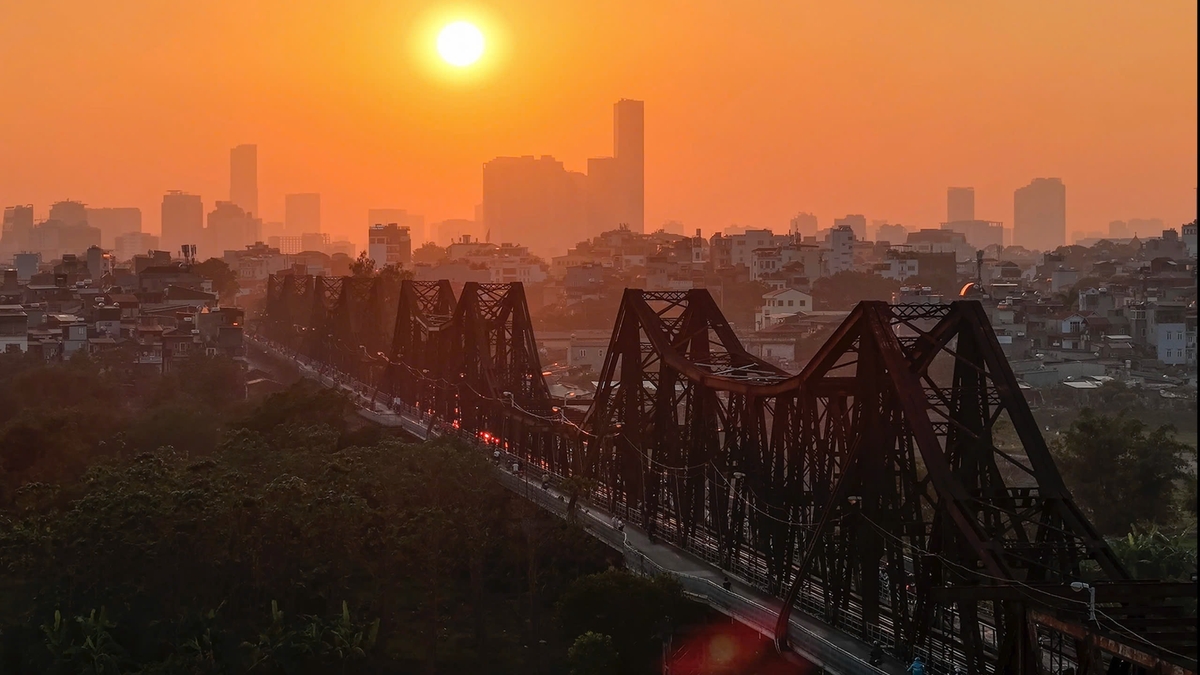






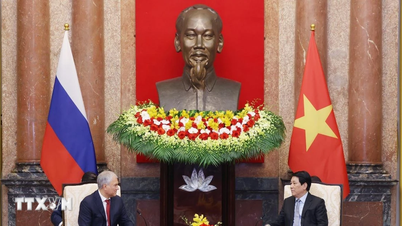

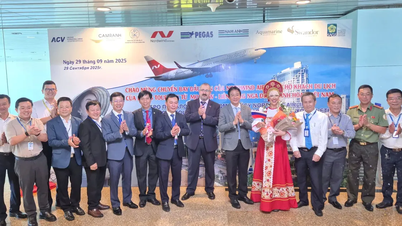

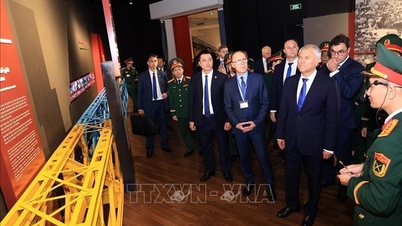

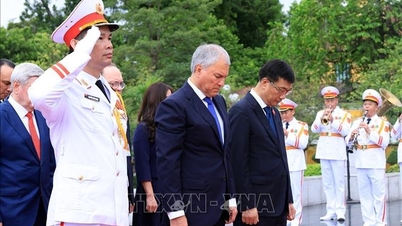















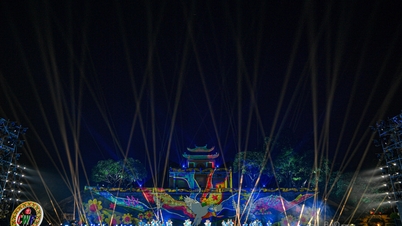


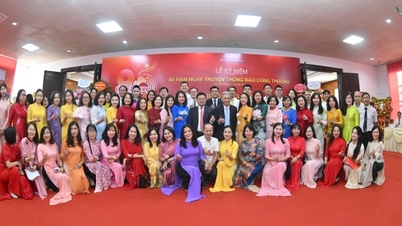




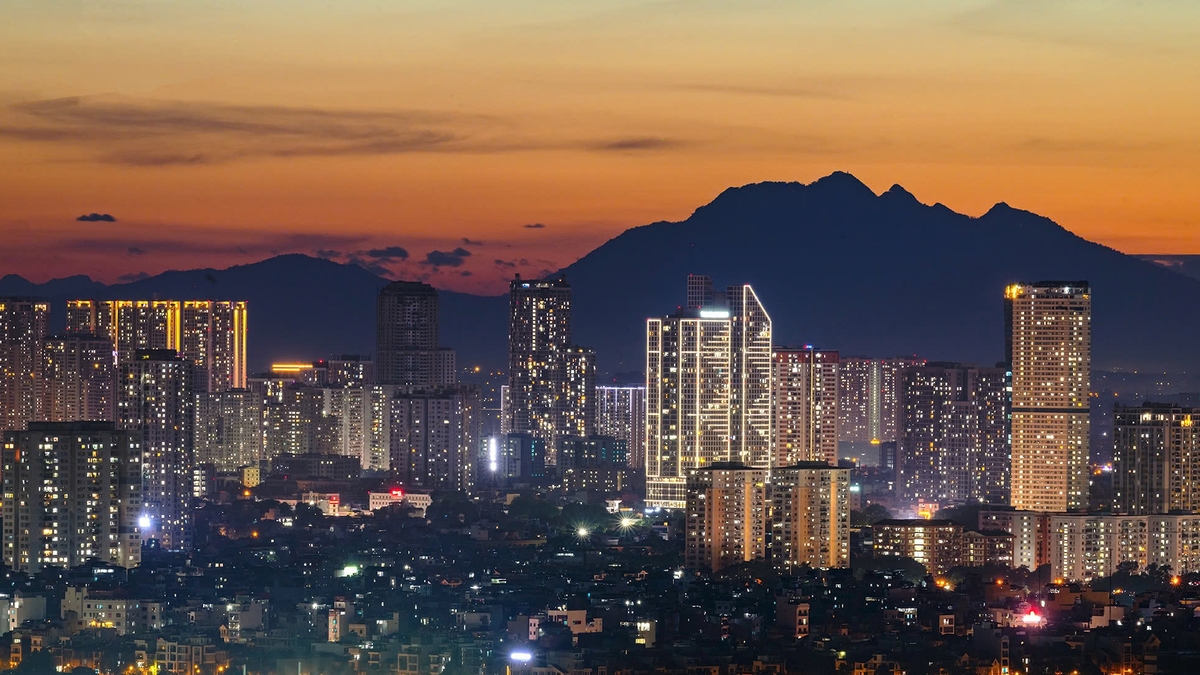
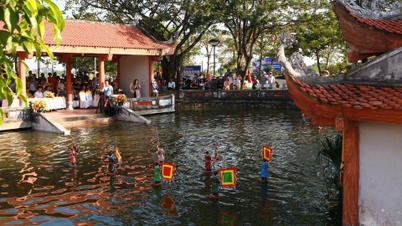
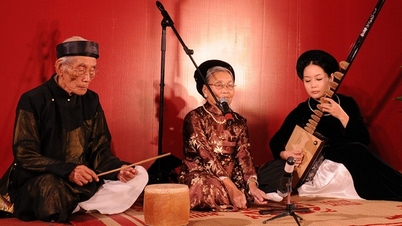


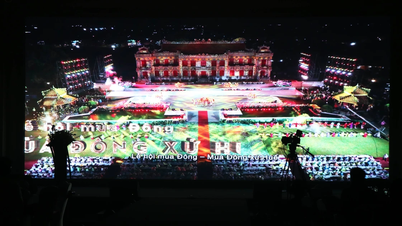






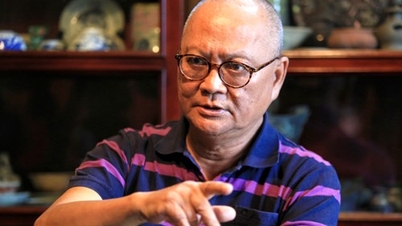





















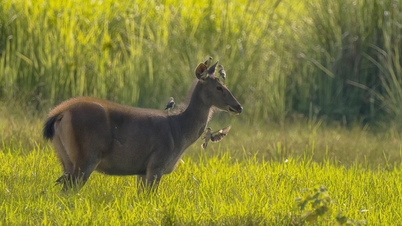
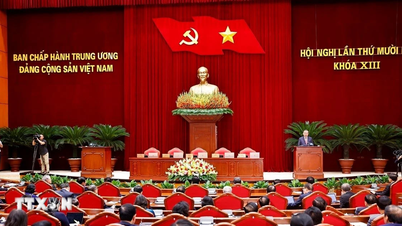
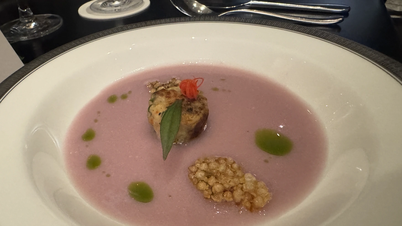


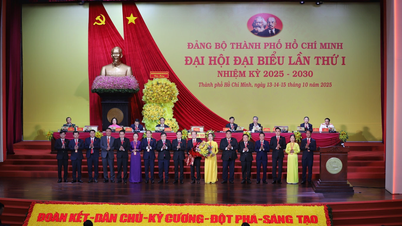




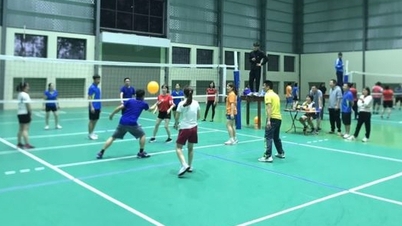

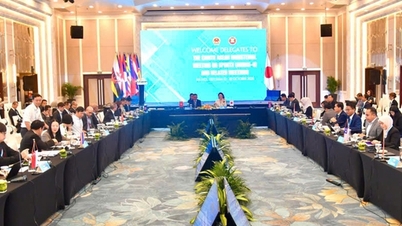
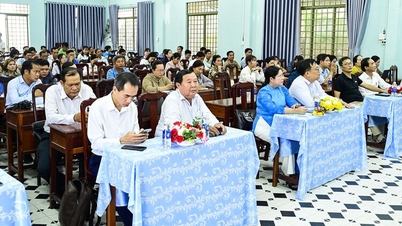

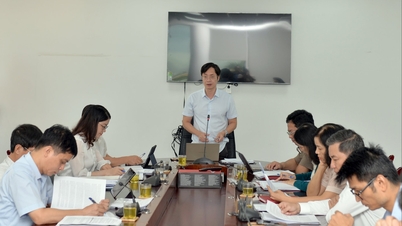

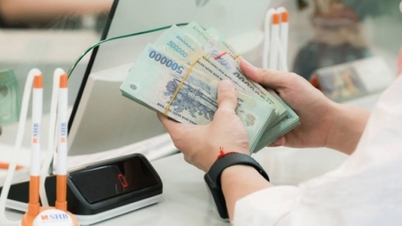




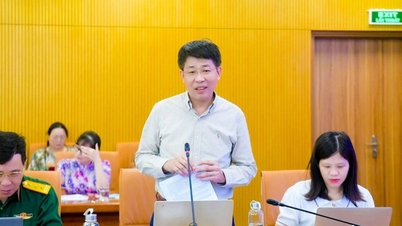

















Comment (0)